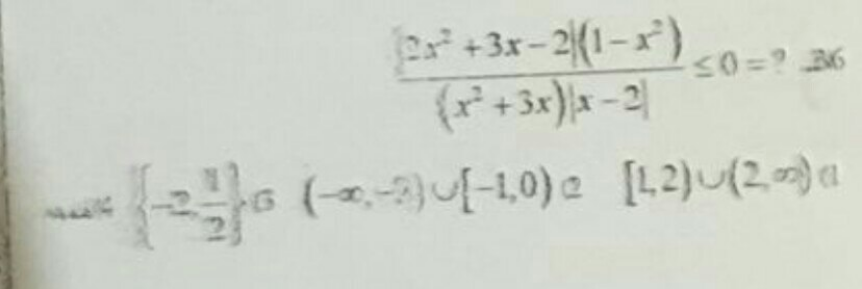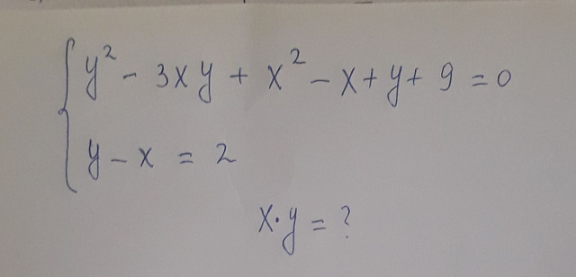
AlgebraQuestion and Answers: Page 239
Question Number 121693 Answers: 2 Comments: 2

Question Number 121684 Answers: 0 Comments: 1
Question Number 121657 Answers: 0 Comments: 2
Question Number 121631 Answers: 0 Comments: 1

Question Number 121590 Answers: 1 Comments: 0
Question Number 121552 Answers: 0 Comments: 5

Question Number 121538 Answers: 1 Comments: 0

Question Number 121449 Answers: 3 Comments: 1
Question Number 121446 Answers: 3 Comments: 0

Question Number 121444 Answers: 0 Comments: 3
Question Number 121442 Answers: 2 Comments: 0

Question Number 121429 Answers: 0 Comments: 1

Question Number 121423 Answers: 2 Comments: 0
Question Number 121359 Answers: 0 Comments: 0
Question Number 121257 Answers: 2 Comments: 4
Question Number 121246 Answers: 2 Comments: 0
Question Number 121199 Answers: 0 Comments: 0

Question Number 121170 Answers: 0 Comments: 0
Question Number 121136 Answers: 2 Comments: 1

Question Number 121127 Answers: 3 Comments: 0
Question Number 121099 Answers: 1 Comments: 0
Question Number 121041 Answers: 1 Comments: 0
Question Number 120993 Answers: 0 Comments: 0

Question Number 120984 Answers: 2 Comments: 0
Question Number 120960 Answers: 0 Comments: 0
Question Number 120953 Answers: 4 Comments: 0
Pg 234 Pg 235 Pg 236 Pg 237 Pg 238 Pg 239 Pg 240 Pg 241 Pg 242 Pg 243
